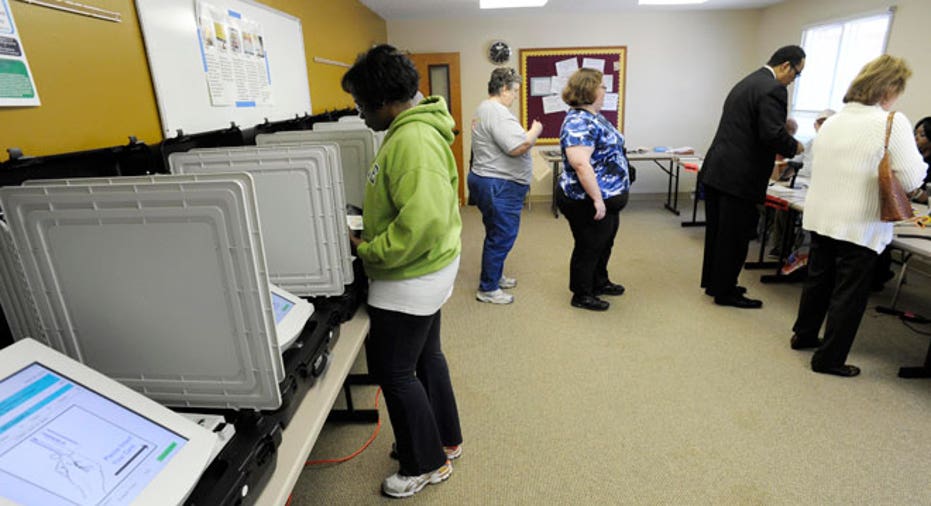On Election Day: A Look at ObamaCare and Small Business

Affordable Care Act, also known as ObamaCare, has been the center of political debate since President Obama came into office. It's an issue so volatile that it contributed to a partial shutdown of the government, which had the unintended consequence of hurting small businesses significantly.
So far, its implementation has been a disaster. Last week, Health and Human Services Secretary Kathleen Sebelius told Congress that the HealthCare.gov website had not crashed, when clearly it did.
In theory, universal coverage should be a good thing. People would stay healthier longer if they had regular doctor visits, rather than avoiding check-ups and going to see a physician when a medical condition is severe. Often, self-employed individuals go without insurance. If it could be made affordable, small business owners and their employees would benefit.
According to the SBA website, The Affordable Care Act includes a variety of measures specifically for small businesses that help lower premium cost growth and increase access to quality, affordable health insurance. The impact depends on whether you are a sole practitioner, an employer with up to 49 workers, or a company with 50 or more employees.
However, the sheer size of the undertaking is proving overwhelming, and government is not known for its efficiency. Government initiatives often take too long to implement and involve layers of bureaucracy and sometimes, unfortunately, incompetence.
From my perspective, ObamaCare does hinder the creation of jobs. Companies with more than 40 employees will think long and hard about expanding and will try to be creative in avoiding hiring full-time workers. Rather, we have become somewhat of a nation of freelancers. I won't go as far as Senator Ted Cruz (R-Texas) in calling the ACA the country's “No. 1 job killer,” but it would be naive to think that its passage has not discouraged hiring at companies on the cusp of adding their 50th employee.
I speak to many owners of small businesses on a weekly basis, and they all are anxious about ObamaCare and its costs. Markets do not like uncertainty. Confidence drops when entrepreneurs are increasingly uncertain about their future prospects of profitability. When business owners are wary, so are consumers. It becomes a vicious cycle.
Additionally, the cost of compliance and documentation must be factored in. This impacts the bottom line of small businesses. When profits go down, cash flow issues can arise. Small businesses who encounter cash flow difficulties frequently wind up looking for a quick infusion of capital. While money is often available from alternative lenders, such as cash advance companies, it comes at a premium price. The interest rates often are about 20% for six months, which translates into a 40-50% annual percentage rate, which is not sustainable in the long-term.
My problem with ObamaCare is that it inflates the cost of doing business at a time when many small companies are still struggling to become profitable. The economy is better than it was in 2009-2010, but the recovery is far from robust. What is troubling is that these issues are debated by career politicians in Washington who, for the most part, have never run their own businesses and cannot understand the day-to-day travails of entrepreneurs.
Rohit Arora is co-founder and CEO of Biz2Credit, an online resource that connects 1.6 million small business owners with 1,200+ lenders, credit rating agencies and service providers such as CPAs and attorneys via its Internet platform. Since 2007, Biz2Credit has secured more than $1 billion in funding for small businesses across the U.S.



















